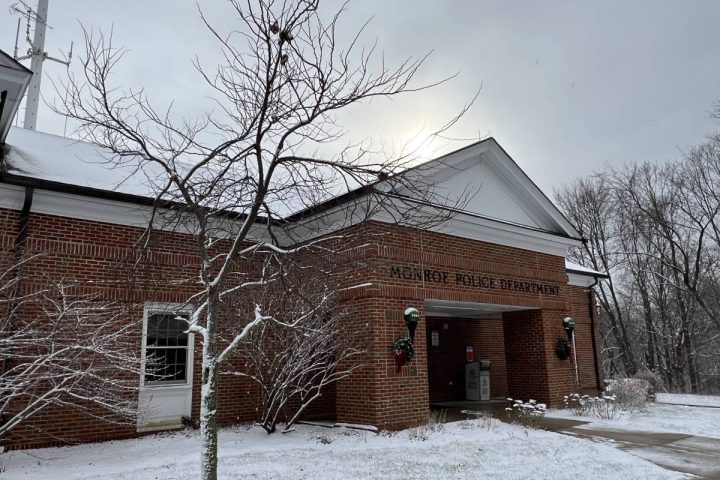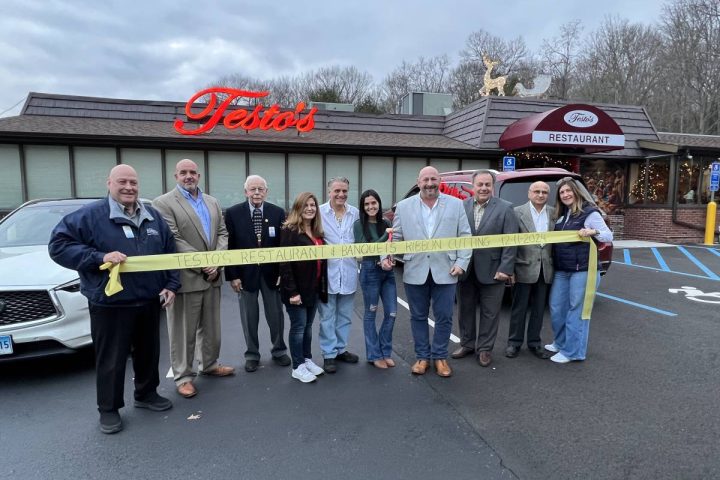The following is the third part of a series leading up to the special election for the Connecticut General Assembly’s open 112th District seat, representing Monroe and portions of Newtown. Each article will feature one question for the candidates.
MONROE, CT — Connecticut has been drowning in debt, as the governor and state legislators work to find ways to close billions of dollars worth budget deficits year after year.
Whoever is elected as Monroe and Newtown’s new representative in the special election for the Connecticut General Assembly’s open 112th District seat on Tuesday, April 13, will grapple with the issue of how to stabilize Connecticut’s finances for the long term.
The Sun asked Republican, Tony Scott of Monroe, Democrat, Nick Kapoor of Monroe, and Independent Party candidate William “Bill” Furrier of Sandy Hook for their opinions on the issue.
The Sun will pose a series of questions leading up to Election Day, changing up the order of the candidates’ answers. Today, Bill Furrier will answer first.
Connecticut continues to have billion-dollar budget deficits. What things should the state do to promote long term fiscal stability? If you support spending cuts over tax increases, what are some specific areas that could be cut?
Bill Furrier: We all need to live within our means, however, any individual, business or government can pretend to live on credit for a time creating an illusion of prosperity that is not real.
Connecticut is certainly not the only state that has been extending its fiscal spending via credit, but our excessive reliance on overspending is reflected in the fact that the state is consistently ranked in the bottom 5 state governments in terms of fiscal condition.
I think we can’t kick the can down the road any longer. Raising taxes is a dangerous game because we are also in competition with other states for individuals and businesses. Being business friendly to attract revenue makes sense and the governor is doing a good job getting the ball rolling in that effort, but it stands to reason that we must reduce spending, and to do that we are going to have to say no more times than we have been able to do till now.
Underfunded pensions is a huge burden and must be addressed. While trying to meet promised obligations as best as we can, we need to continue to transition from pensions to qualified plans, or we will have to restructure in the worst case.
Nick Kapoor: The latest projections from the nonpartisan Office of Fiscal Analysis project an $800M surplus in the current year’s state budget. The state will also receive $2.6B from the federal government for coronavirus relief and has $3B+ in the rainy-day fund (the highest ever).
While Democratic governors have slashed the state employee workforce for the past ten years, now is the time to aggressively enhance the technology that our state government could use to maximize efficiencies, thereby gaining significant savings for the state.
I also believe that we should continue to investigative duplication in state services and condense departments or positions whenever possible.
As a Commissioner of Human Rights and Opportunities, I have reviewed affirmative action plans of every state agency over the past four years. State agencies point out to us with regularity we will see a “state employee cliff” coming in a few years – as a large portion of the state workforce retires. This will allow the state a golden opportunity to hire new workers at lower salaries – gaining even more savings for the taxpayer.
Increasing retirements will also afford us the opportunity to re-evaluate the need and the value of each position as they become available.
Tony Scott: Firstly, find sensible additional revenue streams that are not the equivalent of taxes to Connecticut residents. Legalization of sports gambling is low hanging fruit and something that should have been acted upon by now. If I get elected, I will continue to push and support proposals like sports gambling and not pseudo tax hikes like tolls.
Secondly, we need to constantly be looking at spending. Union raises is a great example of spending cuts that should be on the table. Even Governor Lamont has asked for concessions from unions and more pressure from the Legislature is needed to help support the state and its taxpayers.






